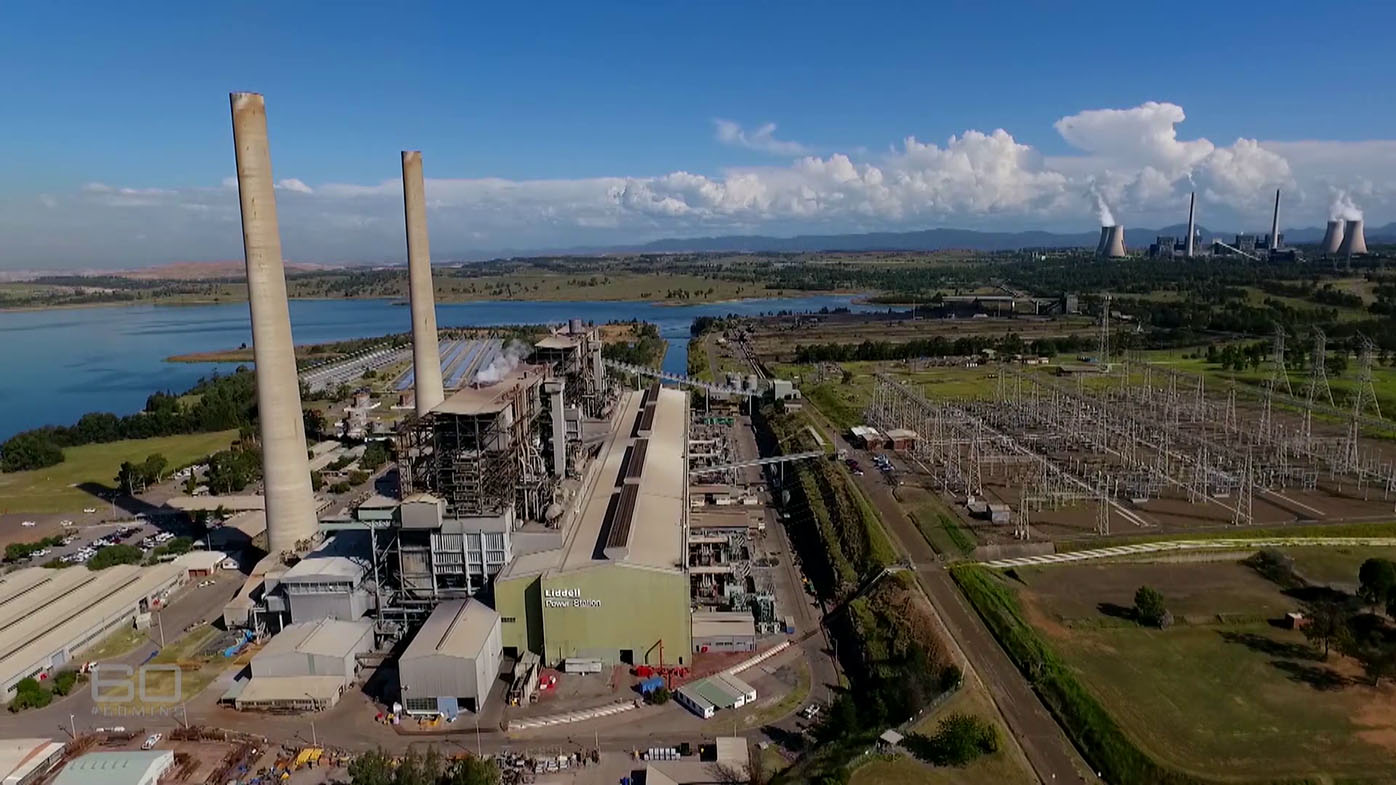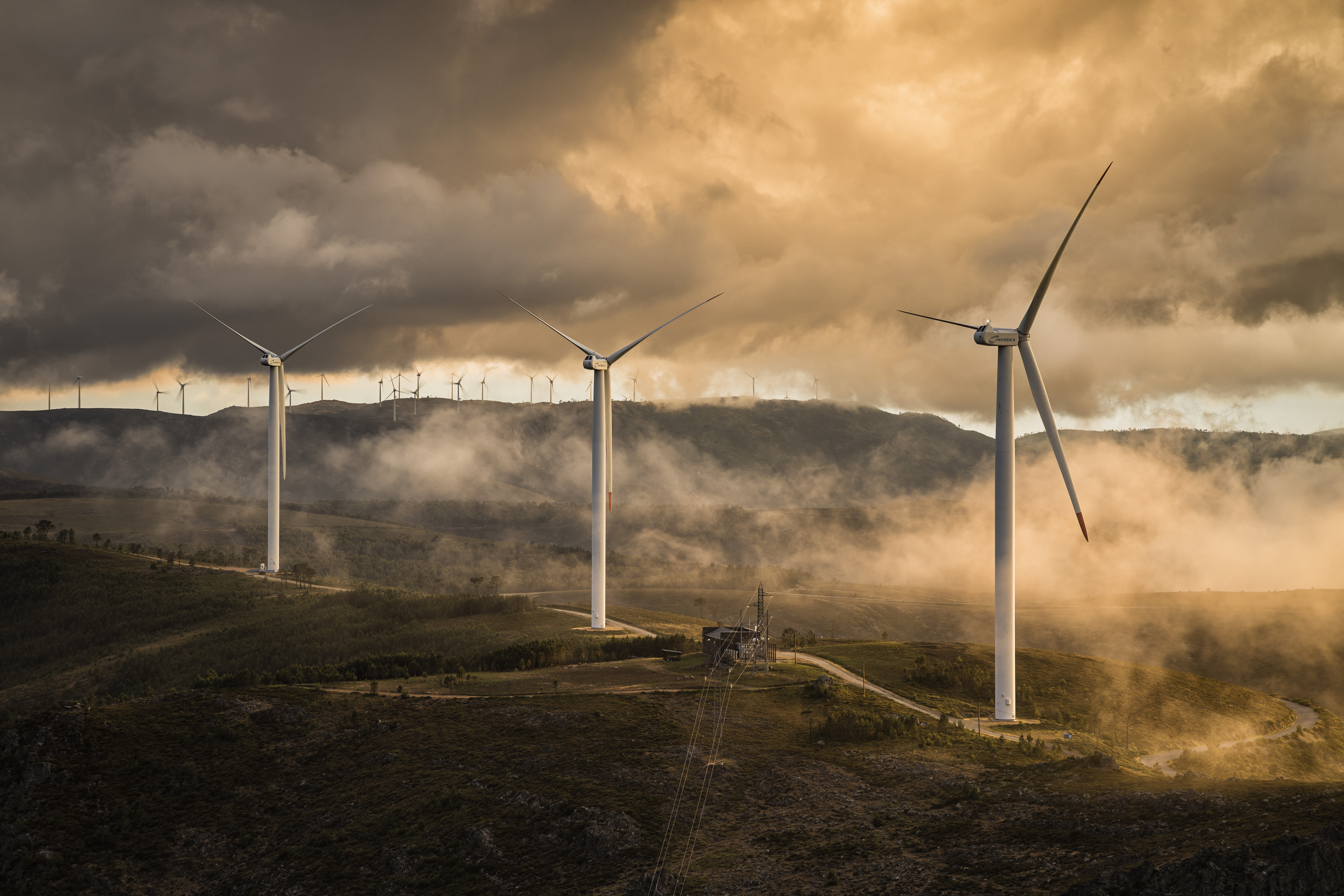A surge in gas prices is the result of a "perfect storm" of factors, according to new Treasurer Jim Chalmers.
Wholesale gas prices have spiked in the past week, with fears the electricity network on the east coast would not have enough supply to keep homes and businesses powered.
And the jump will likely be reflected in the next electricity bills sent out to Australians.
READ MORE: No quick fix to energy crisis as icy weather sweeps south-east

So what's the reason for the jump in gas prices?
Table of Contents
Global factors
The biggest factor behind the surge in gas prices is the war in Ukraine.
The single biggest gas exporter in the world is Russia, which has been hit with massive sanctions.

Unwilling to buy from Russia, many countries are looking elsewhere, and paying more for it.
Inflation and supply chain bottlenecks are also contributing to the high global prices.
The cold snap
After a mild autumn, winter has arrived with a vengeance across Australia.
And as a consequence, Australians are using a lot more electricity.
This is coming from heaters, electric blankets and especially air conditioners.
READ MORE: Four killed in mass shooting in Oklahoma hospital

And on colder mornings, people are more likely to spend a little longer in a nice hot shower.
More electricity demand means more gas needs to be burned in power plants.
The coal shortage
The gas shortage is made worse by a shortage in coal.
Coal prices have spiked in recent months, thanks to the war in Ukraine.
And outdated coal-fired power stations have been struggling to maintain a steady output of electricity.

And the largest coal plant in the country, Eraring in the NSW Hunter Valley, has had difficulty sourcing enough coal to burn.
When the coal plants go down, gas plants make up much of the shortfall, meaning more gas is burned.
Exports
Australia extracts enough of its own natural gas to supply its own needs very easily.
But being part of a global market, much of Australia's gas is exported.
Gas supply can be ensured if the government invokes the Australian Domestic Gas Security Mechanism.
But Energy Minister Chris Bowen has rejected the suggestion the mechanism would be an immediate solution to the country's gas shortage.
"It cannot come into force until 1 January next year, even if it was pulled today," he said.
"It is not a short-term answer."
What will this mean for power prices?
The gas shortage should mean power prices will go up, but not by as much as it could, Bowen has said.
"Thankfully, around 80 per cent of gas contracts are done over the longer term," he said.
"It is not yet, in that regard, impacting on retail prices.
"It could be a lot worse."

He warned it would not get better straight away.
"More renewables puts downward pressure on energy prices," he said.
"The Matt Canavans of this world are out there saying this is somehow renewables' fault.
"This is coal-fired power outages."

